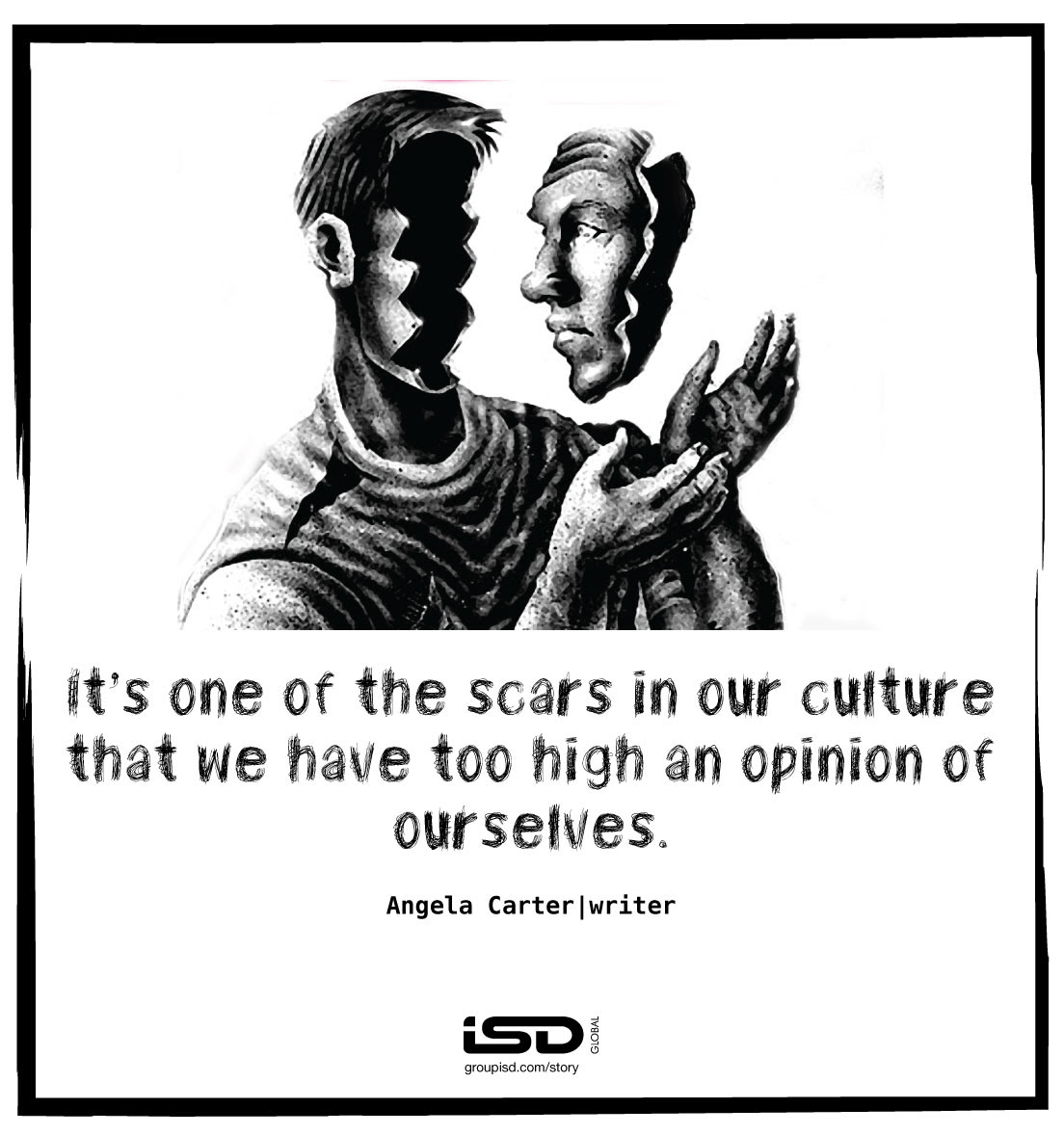Our track record of prediction is abysmal to say the least. The world is far far more complicated than we think it is. That in itself is not a problem, except of course when we don’t know that we don’t know. Little wonder that some wise men(read A Lincoln | P Drucker) ended up saying “the best way to predict the future is to invent it”.
Being prudent in hindsight is a given and most of us are quick to pat ourselves on the back for our ability to narrate backward and in connecting the dots to make sense of what transpired(after the event only mind you), at inventing stories that we have a good handle on the past. Little regard is given to what Nicholas Nassim Taleb calls Black Swan moments.
Despite the extremely shallow empirical record we have about predicting, we continue to crystal ball into the future and ‘project‘ as if we are masters at it. The truth is far from that. There was no prediction about Post It notes, fax machines, computers, internet, touch phones, laser etc. And the appreciation of all these took a while to come into being. Needless to say , they were all Black Swan moments but our civilisation continues to look the other way.

Yogi Berra is one of the great baseball coaches of our times and he had to say this “It is tough to make predictions, especially about the future“. He later said “the future isn’t what it used to be“. The ‘enterprise of predicting‘ has several holes that can be plugged only with what may seem contrarian thinking.
Talk about contrarian and look at this- the gains in our knowledge and our ability to model(or predict) the world is dwarfed by the increase in its complexity- implying a greater and deeper role for the unpredicted. The larger the role of the Black Swan, greater the difficulty in predicting.
With predictions now having a digital walkway and more data being available at your fingertips than ever before,(ideally) we ought to be getting better at predicting what’s going to happen next and determining who’s good at that and who isn’t. That said, our biases and beliefs are a strong force and confidence(based on accumulated knowledge) and volume(multiple used cases if you may) are certainly not a replacement for seeing the way things are and understanding ground reality.
ENDS
